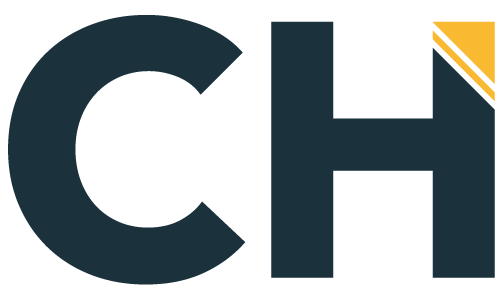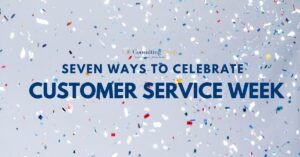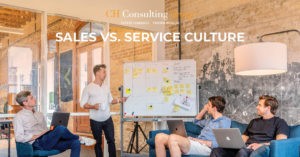The use of social learning for teaching and learning enables businesses to create an environment that encourages open communication, collaboration, and instantaneous feedback. An article by ICMI on training trends highlights that “an overwhelming 98% of companies want to support the sharing of good practices and knowledge across teams via in-house social networks or functionality”.
Social learning has a lot of benefits to offer in terms of providing an engaging learning experience for agents and promoting a positive and motivating team environment. However, we must also be careful not to have an over reliance on any particular method, such as social media, for training and development. Here are some tips on how to leverage social learning for your contact center to ensure that you and your agents have the best possible experience when using it.
How to Use Social Learning in Your Training Methods
Here are some ways to use social learning in your training methods:
1. The key concept behind social learning is to encourage sharing, collaboration, and teamwork. In this respect, some of the most popular social media channels can be leveraged to engage learners in a variety of ways. For example, you can offer a social forum where students can ask questions or engage in group discussions about topics from the classroom.
For instance, a team can have their own Facebook or LinkedIn group to encourage discussions, comments, and sharing of best practices. Pinterest is a great resource to utilize for pinning important educational resources from the classroom.
2. Having guest speakers come on board in the groups for interactive sessions is a popular method to encourage active participation from students.
3. Have agents do presentations where they speak about topics, such as what they learned that week or what successes they experienced recently. This can be done in person as well as virtually via video or audio.
You can get creative with the methods that you use for social learning. In the article “Social Learning for a Social Workplace,” by Customer Think, an example of a social learning strategy from the Cheesecake Factory was highlighted. They implemented the following: “The Video Café—an informal learning portal that allows employees to film, upload, and watch short videos generated by their peers on a variety of different job-related topics, from how to greet customers to how to slice and serve cheesecake.”
Assessing Your Social Learning Strategies
In an article about measuring the effectiveness of agent training, I discussed some methods for determining the success level of your training. Social learning is a significant part of training. Continuous assessment, feedback, and surveying will enable you to find out what’s working and what’s not and where to make necessary changes to your teaching tools and methods.
Social Media for Social Learning
No doubt, social media can be an extremely useful tool for social learning. But it can also become distracting, which is why it is important to manage the time spent on these platforms. Also, when time is a constraint, it helps to narrow down the channels you use to maybe 2 or 3 which can be managed using your existing resources, time availability, and levels of commitment. The activities that students do can also be managed in time. For example, students can be provided focused, time-bound exercises in the form of assessments and quizzes to help ensure they stay on task.
Always set clear guidelines on what is expected from your employees when they engage socially, both online and offline, to make sure that they communicate professionally at all times.
Social media for teaching and learning can be extremely effective when used wisely. I suggest a pro-active approach where your social media channels are actively monitored, students are being responded to in a timely fashion, group behavioural guidelines are communicated, and fun activities and motivational pieces are shared regularly. Consistent and positive social learning is the key takeaway.
CH Consulting Group provides unparalleled expertise in the Contact Center and Customer Experience (CX) verticals. We have a nationwide team of industry veterans that can assist you to achieve exponential growth, manage change, and generate profit. For a comprehensive CX assessment and strategic plan customized for your unique business needs, connect with us here today.




